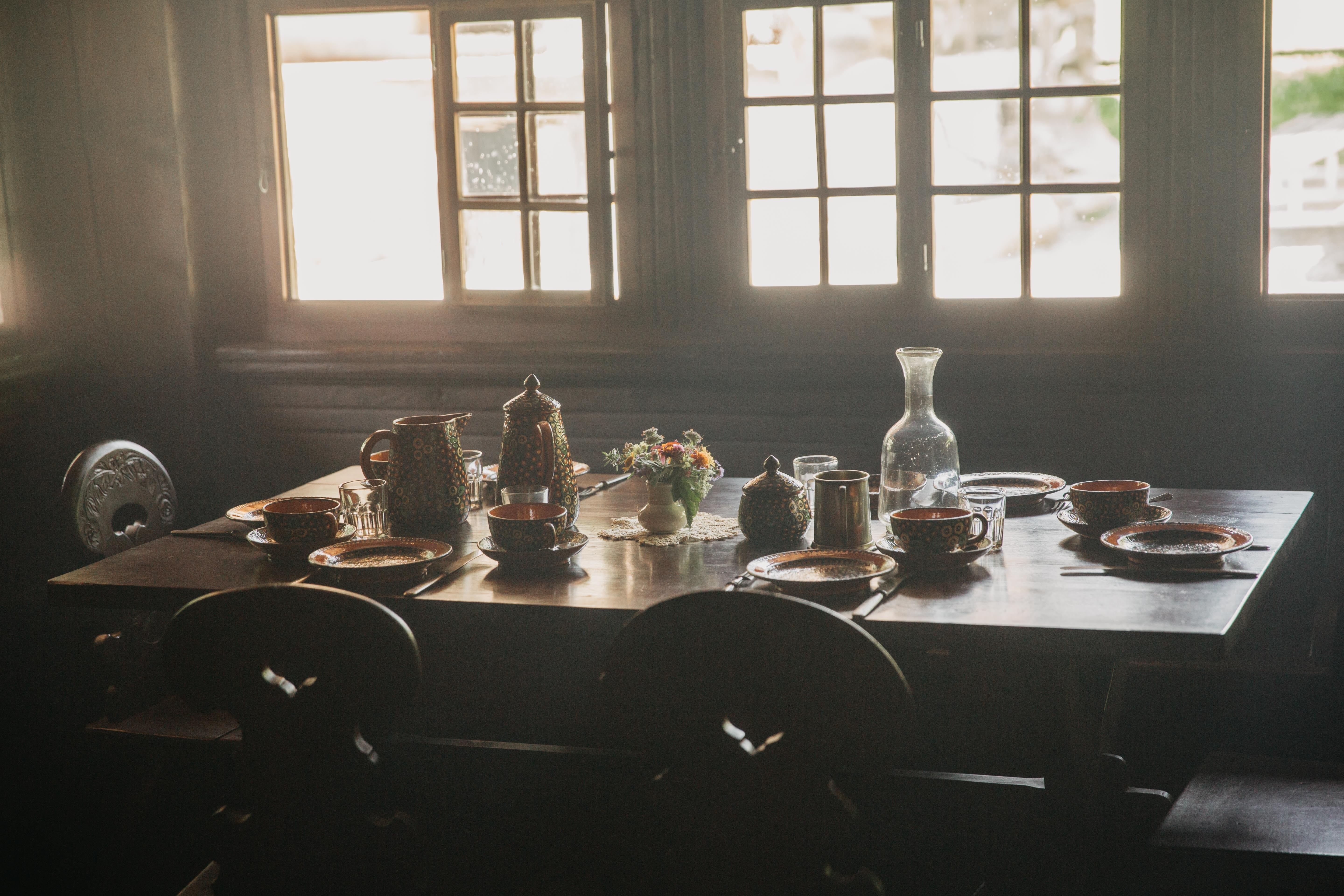This article by Ray Spitzenberger first appeared in IMAGES for October 8, 2020, East Bernard Express, East Bernard, Texas.
“Won’t you stay for lunch?” My aunt asked us that as she grabbed a pullet by its legs and chopped off its head. My mother, brother, and I helped her pluck feathers and prepare the chicken for the frying pan, my aunt grabbed a few garden vegetables to go with it, and we stayed for lunch.
This was the 1940’s, both the best of times (growing up in our beloved Dime Box) and the worst of times (coming out of the Great Depression with World War II exploding our serenity). In those days, nobody, in rural areas anyway, went to the supermarket and bought dressed, ready-to-fry, chickens and frozen vegetables. Having just gone through the Depression, nobody had much money to spend, so we raised and made from scratch everything we needed. Our philosophy was, “Make do, or do without.”
In those days, most folks in Dime Box were farmers, including my grandparents and several aunts and uncles. My parents lived in town, but we had a milk cow, a huge flock of chickens, a pen full of hogs, and an enormous garden, a great blessing considering the food shortages and ration stamps during World War II. Throughout the War, there was even a scarcity of eggs and milk, even causing city folks to make milk-less, egg-less, “War Cakes.”
Unlike residents of cities, we had a cow to provide milk and butter, one flock of laying hens to keep us supplied with eggs, and a “revolving-door” flock of young chickens to provide meat for our table. We did not raise beef cattle, but we did have plenty ham, bacon and sausage to make that smelly hog pen worth enduring.
Yet, in spite of the abundance of food God provided for us and other rural folks in America, most, just coming out of the Depression, were very frugal and found a use for everything. Although one hog provided plenty of ham, bacon, and sausage for a family to eat, my parents and grandparents even cleaned the pig’s feet, prepared them, and ate them. We didn’t raise beef, so we didn’t eat beef, except ground beef for chili.
In those War years, not only did rural folks like us eat a lot of chicken, but, as we did with the meat of the hog, we salvaged as much of the chicken as was edible. And that included the chicken feet and the chicken necks, which were tossed into, along with the giblets, a huge pot of homemade noodles. It was not uncommon at all to decorate a giant bowl of noodles with boiled chicken feet sticking up out of the noodles. They were delicious to chew on, and proved that country folks had a sense of humor!
My parents and grandparents didn’t have a lot of cash money in those days, but they were very generous in many ways, and would give free milk and butter to needy folks in the community. My grandmother would donate a dozen jars of home-canned pickles to the cafeteria at Concordia Lutheran School in Austin (now Concordia University). She and my mother would make quilts for World Missions.
Most folks had the gift of hospitality in those years, especially the farmers. If you came to see my grandparents or aunts and uncles on their farms, you didn’t leave without being fed. Sometimes, having just come right out of the cow, the milk you drank was warm, and the extra chicken, plucked in haste, might have a fried feather or two on it. Grandma would bake the coffee cake for dessert while you ate the first course. Hospitality in today’s world, especially to strangers, is difficult to practice, as you might just get beaten up by the person to whom you offered hospitality, — maybe just because of your political opinions. In the time of my grandparents, the world was a simpler, less hostile place, and the War against the Nazis was an effort to keep it that way. Much can be learned by remembering the “old days” and watching the ways of the “old ones” and listening to their wisdom, days and old folks now gone.
To be sure, the question that echoes from the memory chambers of the 1940’s is “Won’t you stay for lunch?”
-o-
Ray Spitzenberger is a retired WCJC teacher and a retired LCMS pastor, and author of two books, Open Prairies and It Must Be the Noodles.

